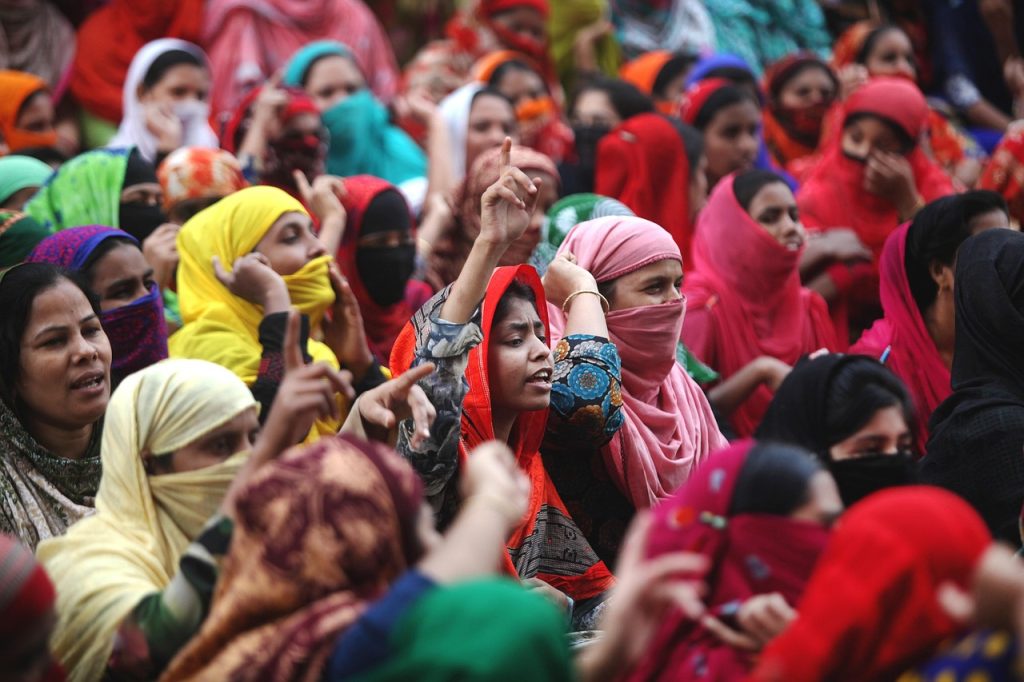In an unexpected turn of events, McDonald’s is witnessing a week-long boycott in response to its recent rollback on Diversity, Equity, and Inclusion (DEI) initiatives. The fast-food behemoth’s decision has ignited a wave of criticism from both consumers and activists, who view this move as a step back in corporate social responsibility according to Nation’s Restaurant News. This boycott underscores a mounting call for accountability and transparency in the world of quick service dining, challenging established norms and demanding a reevaluation of corporate values.
McDonald’s, a global juggernaut in the fast-food industry, is navigating turbulent waters as it faces economic backlash over perceived discrepancies in worker treatment and corporate ethics. The company, while expressing a willingness to engage in constructive dialogue, refutes the claims as misleading and misrepresentative of its principles. The unfolding situation reveals a broader tension between consumer expectations and corporate practices, bringing to the forefront the critical importance of aligning business actions with social values.
As consumers increasingly prioritize ethical considerations in their dining choices, the McDonald’s boycott serves as a poignant reminder of the evolving dynamics in the food industry. This shift challenges companies to not only serve up iconic menu items but also cultivate an environment that resonates with a diverse and socially-conscious clientele. In an era where brand loyalty is often intertwined with ethical stances, how will McDonald’s and other industry leaders adapt to the growing demand for inclusivity and transparency in their operations?


